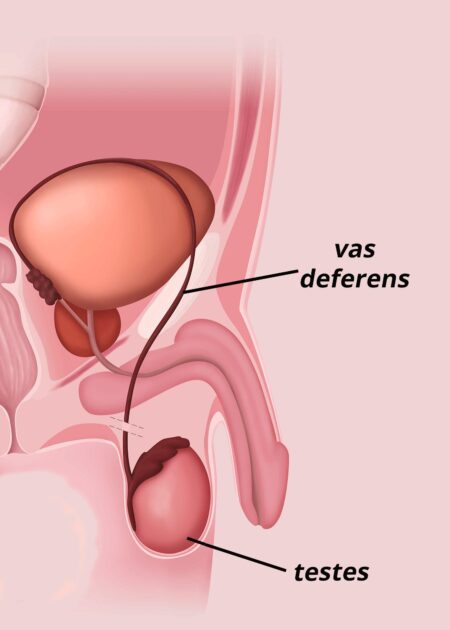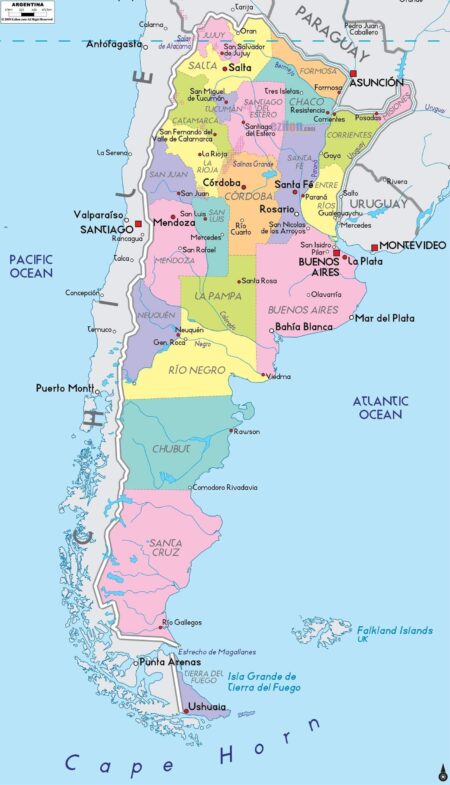Buenos Aires – Argentine economist and presidential hopeful Javier Milei has intensified calls for Mercosur to adopt a more open trade agenda, asserting that Argentina is prepared to pursue greater market liberalization either within the bloc or independently. Speaking to the Buenos Aires Herald, Milei emphasized the need for Mercosur member countries to lower barriers and expand trade opportunities, warning that Argentina will no longer wait for consensus if internal reforms stall. His stance signals a potential shift in the region’s economic integration dynamics and highlights growing tensions over protectionist policies within the South American trade alliance.
Milei Calls for Mercosur to Embrace Greater Trade Liberalization
Javier Milei, Argentina’s controversial economist and presidential hopeful, has reignited debates over the future of Mercosur by urging the bloc to adopt a more aggressive stance on trade liberalization. Speaking at a recent economic forum, Milei emphasized that Mercosur’s current protectionist policies hamper the region’s competitive edge and economic growth. He made it clear that Argentina is ready to pursue freer trade policies with or without its Mercosur partners, highlighting his intention to break the traditional consensus approach if necessary.
During his address, Milei underscored three key priorities for regional trade reform:
- Reducing tariffs on imported goods to increase market access
- Streamlining regulations to facilitate cross-border trade
- Encouraging private investment through more open market conditions
Analysts are closely watching this stance, as it challenges the historically protectionist framework that has defined Mercosur cooperation. Below is a brief comparison of current Mercosur trade policies versus Milei’s proposed approach:
| Policy Aspect | Current Mercosur Framework | Milei’s Proposal |
|---|---|---|
| Import Tariffs | Generally high, protectionist | Substantially lowered or eliminated |
| Trade Barriers | Multiple non-tariff barriers | Significant removal for ease of trade |
| Investment Policy | Limited foreign investment encouragement | Proactive attraction of private capital |
Analyzing the Economic Implications of Argentina’s Potential Unilateral Trade Moves
Javier Milei’s assertive stance on Argentina’s trade policy signals a potential shift in the country’s economic trajectory, particularly regarding its relationship with Mercosur. By advocating for a more open trade environment, Milei challenges the longstanding regional protectionism that has characterized Argentina’s economic policies. This could result in immediate benefits such as increased foreign direct investment and improved access to global markets, but also poses risks including trade retaliation from Mercosur partners or internal sectoral disruptions.
Analyzing the implications further, unilateral trade liberalization carries complex outcomes for Argentina’s economy. For example:
- Export diversification: Opening up could encourage broader export portfolios beyond traditional agricultural products.
- Competitive pressure: Domestic industries may face stronger competition, necessitating modernization.
- Trade balance effects: Shifts in imports and exports could alter fiscal dynamics and currency stability.
| Potential Economic Factor | Positive Impact | Negative Impact |
|---|---|---|
| FDI Inflows | Higher investment | Short-term volatility |
| Domestic Manufacturing | Innovation boost | Market displacement risk |
| Trade Deficit | Consumer goods variety | Pressure on local firms |
Strategic Recommendations for Mercosur Members to Adapt and Strengthen Regional Cooperation
To navigate the evolving geopolitical landscape and pressing economic demands, Mercosur members must embrace a proactive strategy that balances openness with internal cohesion. Prioritizing comprehensive trade liberalization, while safeguarding strategic sectors, is essential. Enhanced dialogue and consensus-building mechanisms will aid in harmonizing diverse national interests, especially in light of Argentina’s assertive push for unilateral action. Embracing flexible trade agreements with external partners could serve as a catalyst for expanding market access without undermining the bloc’s core principles.
- Implement dual-track trade policies: enabling members to pursue bilateral deals while reinforcing Mercosur’s multilateral framework.
- Strengthen institutional frameworks: for smoother dispute resolution and alignment of regulatory standards.
- Invest in infrastructure: to facilitate intra-regional connectivity and reduce logistical costs.
Understanding the economic stakes, a clear comparison of potential trade openness scenarios highlights the urgency and benefits of adaptation:
| Scenario | Trade Growth | Regional GDP Impact | External Partnerships |
|---|---|---|---|
| Maintain Current Restrictions | +3% | +1% | Limited |
| Moderate Liberalization | +8% | +4% | Expanded |
| Full Opening (Argentina-Led) | +15% | +7% | Broad & Deep |
Key Takeaways
As Argentina pushes for a more open Mercosur bloc amid ongoing economic challenges, economist Javier Milei’s bold stance underscores a broader national push for freer trade policies. Whether accompanied by its regional partners or moving forward independently, Argentina’s determination signals a potential shift in South America’s trade dynamics. The coming months will reveal how Mercosur members respond to these calls for reform and whether greater integration-or unilateral action-will shape the future of Argentina’s economic strategy.



